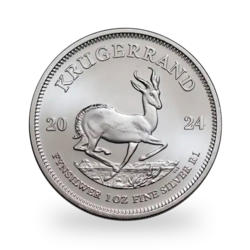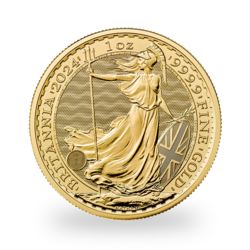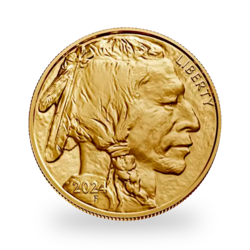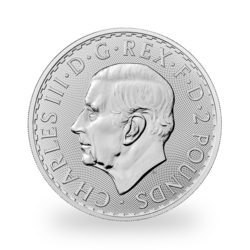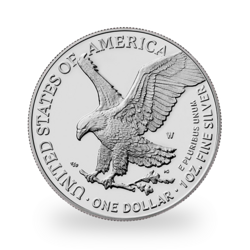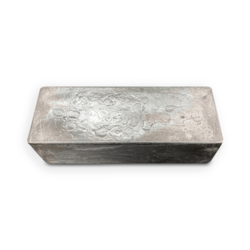Weirdly enough, the media didn’t dwell on this amazing issue, and the TV people didn’t even talk about it in their news bulletins. Of course, it’s about one of Europe’s most powerful man, Mario Draghi, head of the European central bank.
La Republica and the Financial Times revealed last week that a report from the Italian Treasury showed that it used risky derivatives to discreetly bring in some money in order to qualify Italy for the Eurozone. According to the italian newspaper, those instruments were « Off-Market Swaps » which would entail italian and foreign banks to provide cash for the Italian Treasury in exchange for variable-rates payments based on market rates.
Just like Greece did, Italy cheated to get in the Eurozone. True, Italy had shrunk its 7% of GDP public deficit in 1996 to 2.7% the next year, a tremendous performance that raised some eyebrows... Since those swaps were off the banks’ balance sheets, they were undetectable and...voilà! But this shrewd structure had minimized the risks, and the report reveals a current 8 billion euros loss on a notional total of 31.7 billion euros. And, guess what, who was in charge of the Italian Treasury at the time?... Mario Draghi (precisely from 1991 to 2001)! He’s the one who directly put in place this manipulation.
After that, between 2002 and 2005, he went on to work for Goldman Sachs (which had been in charge of the same operation in Greece, which he couldn’t have ignored), and then he headed the Bank of Italy from 2006 to 2011 before taking over the ECB in 2011.
During his hearing before the European deputies June 14, 2011, Mario Draghi was asked about his stint at Goldman Sachs, but he denied any knowledge of the bank’s shenanigans with public accounts in Greece, which didn’t convince many people. Had this situation been known at the time, there is no doubt it would have prevented him from being nominated to the ECB presidency.
The Enron bosses ended up in jail for having hidden their enterprise balance sheets, but we are still looking for anybody in the public arena to get the same treatment (some were arrested for corruption, but that’s another story). The problem is that public accounting seems to be above the laws, which explains in part the enormous deficits and debt.
This situation is extremely serious, and it’s happening at a time when there is talk of European banks supervision by the ECB, which represents an unacceptable conflict of interest (the ECB being both judge and party by financing the banks and being in charge of controlling them), especially if put in the hands of someone used to manipulation. The pressure on Mario Draghi should continue to rise. And, anyhow, can we have any guarantee that he’s not doing any manipulations now? No. In any case, those who don’t like him (essentially Berlin) just found a reason to kick him out.
Reproduction, in whole or in part, is authorized as long as it includes all the text hyperlinks and a link back to the original source.
The information contained in this article is for information purposes only and does not constitute investment advice or a recommendation to buy or sell.













